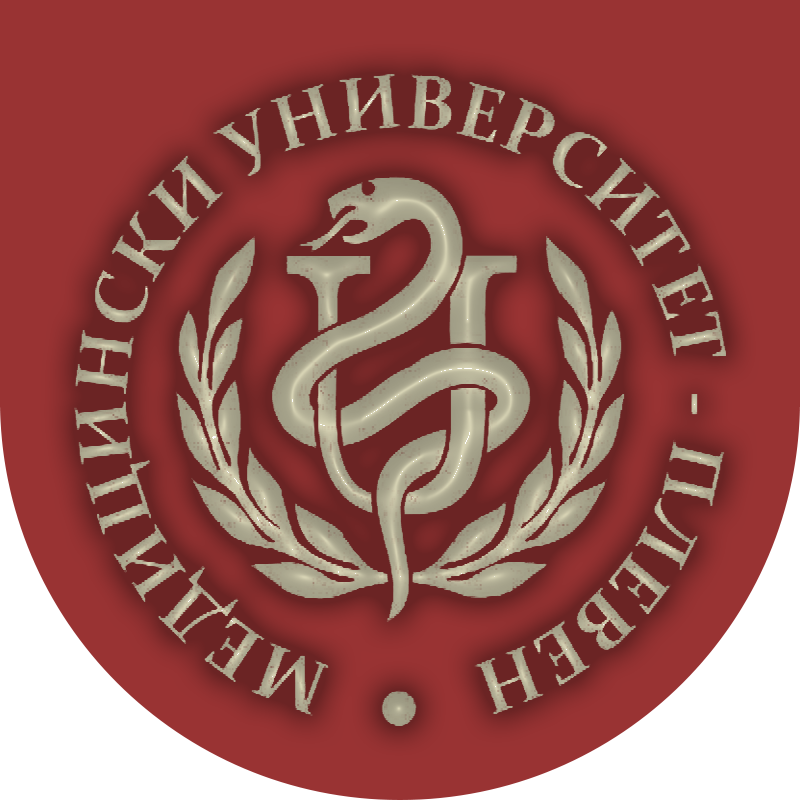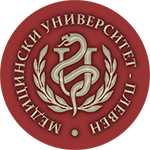Art.28 The training course leading to the acquisition of the academic degree “Doctor of” should be performed in the respective scientific specialty.
Art.29 (1) The training course of PhD students is fulfilled according to an individual syllabus, the contents of which is in compliance with the state requirements.
(2) The following main points should be determined in the individual syllabus for PhD studies:
1. The topic of the thesis;
2. The examination dates and the periods for taking them;
3. The attendance of a certain cycle of lectures and practical classes, the participation of specialized courses, of courses in methodology in the relevant scientific and research activity, of seminars, conferences and other public scientific performances;
4. The stages and periods of the elaboration of the thesis.
(3) The individual syllabus is worked out by the PhD student and his scientific adviser. It is discussed and approved by the Department Council not later than three months after the enrollment date of the PhD student. After that, the syllabus is approved by the Faculty Council and is attested by affixing the exact date of taking the decision and the official seal of the University.
(4) The fulfillment of the individual syllabus of the PhD student is discussed annually at the department which conducts the course of training. The relevant scientific unit takes a decision and makes an offer at the Faculty Council regarding the total mark of the PhD student’s work which can be: very good, good, satisfactory or unsatisfactory.
(5) If the mark is very good or good then the individual PhD syllabus is considered to be fulfilled completely, meaning that the activities performed exceed or correspond to the plan for the syllabus’s period. The mark is satisfactory when a delay of the thesis elaboration has been registered but nevertheless it is not hindered to keep the deadline.
(6) Giving an unsatisfactory mark of the PhD student’s work is the grounds to apply the decrees of Art.33 from the present Regulations.
(7) The exams, included in the individual syllabus, should reflect the direction and the quality of the PhD student’s preparation and training. The PhD student should take an exam in the specific scientific specialty and in any other specialized fields relevant to the contents of the thesis in elaboration.
(8) The PhD student is considered to have passed the exam successfully when he has obtained a mark not less than very good (4.50).
(9) For a second attempt at the exam within the individual syllabus the PhD student should pay a fee at the amount of 30% of the minimum salary for the country.
Art.30 (1) The scientific adviser is obliged to assist the PhD student in his specialized preparation and work on the thesis through tutorials, recommendations and evaluations.
(2) The scientific adviser is the one who is responsible for the quality of preparation, the fulfillment of the syllabus and the work leading to the realization of the thesis in front of the scientific unit, the scientific organization, the Faculty Council, the Academic Council and the Rector.
(3) The scientific adviser is entitled to receive payment for the scientific guidance of a PhD student. It is done only once at the end of the calendar year and a total number of 40 teaching hours for a PhD student are accepted. The scientific adviser of a foreign PhD student, admitted according to Art.95, paragraph 5 of the Law for Higher Education is entitled to receive payment for 60 teaching hours. The accepted teaching hours for scientific guidance of a PhD student are not included in the annual teaching load of the scientific adviser.
(4) For scientific guidance of a PhD student according to Art.17 a teaching load of another 20 academic hours are accepted for an academic year.
(5) A lecturer with an academic rank has the right to be a scientific adviser of not more than three PhD students.
(6) In cases of extended absence of the scientific adviser because of illness, business trips abroad and other objective reasons, the Faculty Council has the right to appoint another lecturer with academic rank for a scientific adviser in his place.
(7) The Head of department should support the activities of the scientific adviser and the work of the PhD student. He is to be held responsible at the scientific unit, the scientific organization, the Faculty Council, the Academic Council and the Rector for the quality of preparation and the results of the PhD students who are trained at his department.
Art.31 The PhD student who has taken successfully and in time his exams according to the individual syllabus and has finished the work on his thesis, submits an application form to the head of department in order to perform an internal defense (approbation). A copy of the thesis is enclosed to the application form. The minimal term from the submission of the application to the discussion of the thesis is a period of two weeks.
Art.32 (1) The PhD student, who has successfully completed the course of training and has fulfilled the applicant’s minimum, is excluded from the scientific organization with the right to defend his thesis.
(2) The PhD student is also excluded in cases of leaving the scientific organization or moving into another scientific organization according to Art.74, paragraph 1 from the Law for Higher Education.
Art.33 A PhD student is expelled from the scientific organization for a certain period of time in case he does not perform his duties regularly specified in the syllabus or the University’s regulations according to Art.74, paragraph 2 from the Law for Higher Education. The sanction is imposed with an official Rector’s Order based on reasoned proposal of the scientific adviser and a report submitted by the head of department.
Art.34 In case of leaving by personal request or when being expelled the full-time PhD students are obliged to pay back to the University the scholarships received.
Art.35 The expenses made in connection with the organization of the thesis defenses of those PhD students, who have fulfilled their duties according to Art.31 within a term of one year of their exclusion from PhD studies, are covered by the University.



